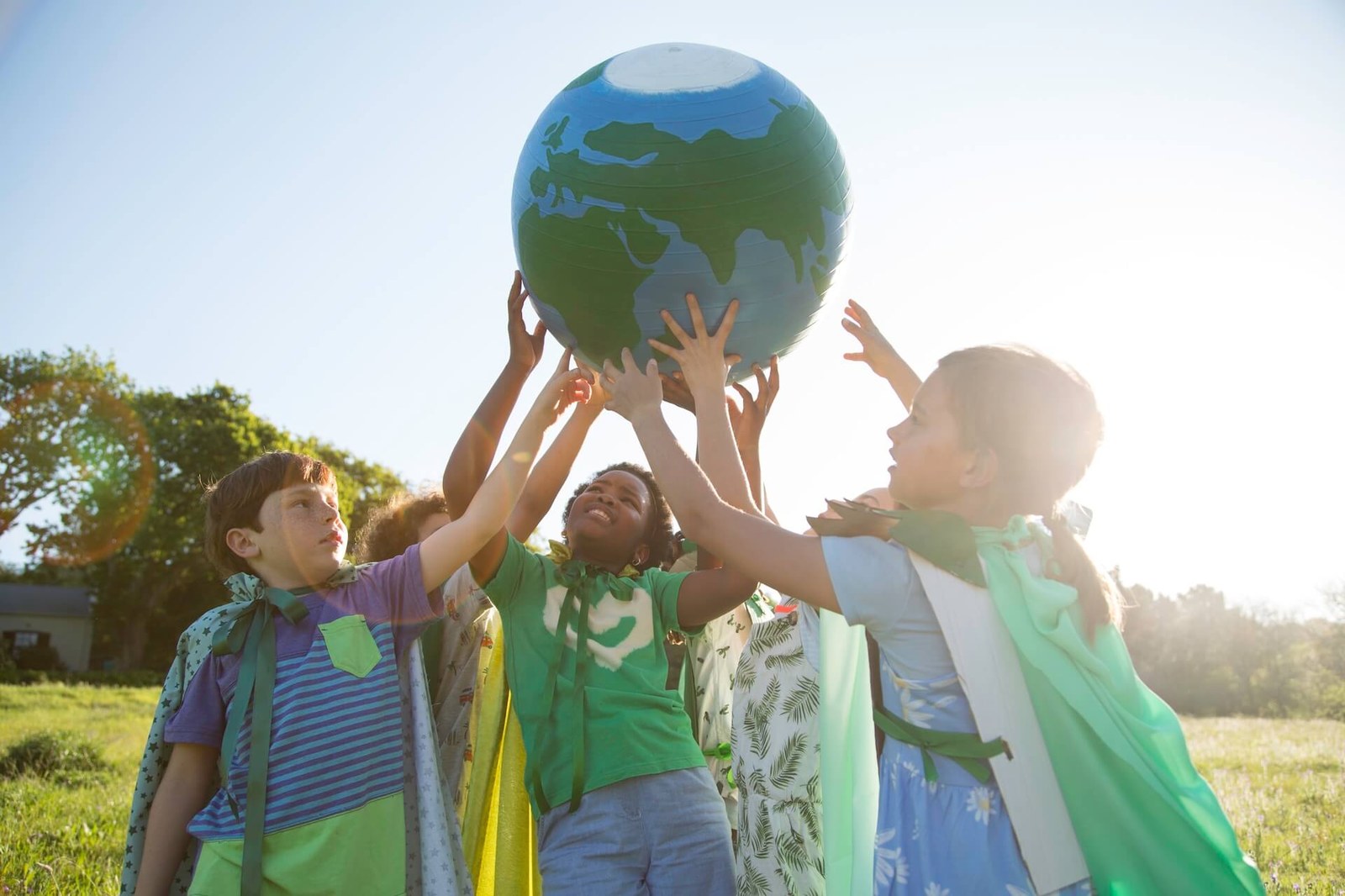Children in G20: a partnership to put children at the center of the debate
On the G20 Social website, the “Children in G20” group seeks to raise awareness among governments to prioritize children in global decisions, guaranteeing their rights and recognizing them as agents of change in a world with multiple crises.

Did you know that more than half of the world's children live in G20 member countries? Despite this, these millions of boys and girls are only occasionally mentioned in the declarations and initiatives of world leaders in the main forum for international economic cooperation.
Children, all human beings under the age of 18, according to the United Nations (UN) Convention on the Rights of the Child, are the main victims of the great challenges and multiple crises that the world is currently facing. And they are the ones whose rights and participation must be considered first and foremost in all socioeconomic and political decisions.
Therefore, the G20 Brasil Communication established a partnership with the group “Children in G20” (learn more about the initiative here) to share content produced by civil society organizations that defend children's rights and their best interests, seeking to engage countries to recognize them as agents of change and to ensure adequate care and investments for this public.
“Children in G20” is a collaborative effort, led by a coalition of Brazilian and international organizations dedicated to integrating the rights and well-being of children and adolescents into the G20 agenda. The group was formed to institutionalize the agenda of children’s and adolescents' rights within the forum, setting this Brazilian experience as a precedent for its expansion under future presidencies, such as in South Africa in 2025 and the United States in 2026.
From this Monday (04), this space will be destined to share news on topics that directly affect young people, such as hunger and poverty; just and inclusive economy; climate justice and just energy transition; education and culture; digitalization and technology; and gender equality – many of the topics that are among the priorities of Brasil's presidency, which is hosting this year's forum.
These themes are also included in the policy pack “Children in G20” (available here), prepared by the group and containing recommendations to ensure that children are not left behind on the G20 agendas. There will be a pre-release of the document on November 5th, at 9 a.m. (Brasília time). Register here.
The group's proposal is also to strengthen the political representation and participation of children and adolescents in the decision-making processes. Additionally, it proposes to promote the engagement of global leaders with policies focused on children and adolescents, ensuring that the needs of this group are at the center of decisions and resources, aligning them with economic strategies and commitments to create effective actions. We invite you to follow the reflections that will be presented here and join us in implementing these proposals.
The group "Children in G20" is composed of Save the Children, Plan International, Alana Institute, ANDI – Communication and Rights, Childhood, FamilyTalks, José Luiz Egydio Setúbal Foundation, Promundo Institute, Maria Cecilia Souto Vidigal Foundation, International Center for Research and Policy on Childhood (CIESPI/PUC-Rio), Brazilian Coalition to End Violence against Children and Adolescents, Association for Child and Adolescent Mental Health (ASEc+), Soulbeegood, Vertentes - Mental Health Ecosystem, Global Mental Health Action Network, Living Trees Institute for Conservation and Environmental Culture, Jô Clemente Institution and National Early Childhood Network (RNPI), Orygen, ItotheN and Catalyst 2030.
Translated by PGET-UFSC
Article by Children in G20